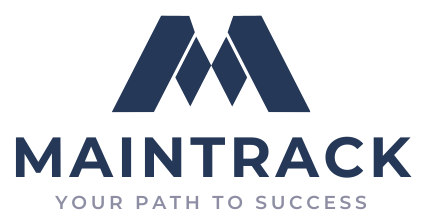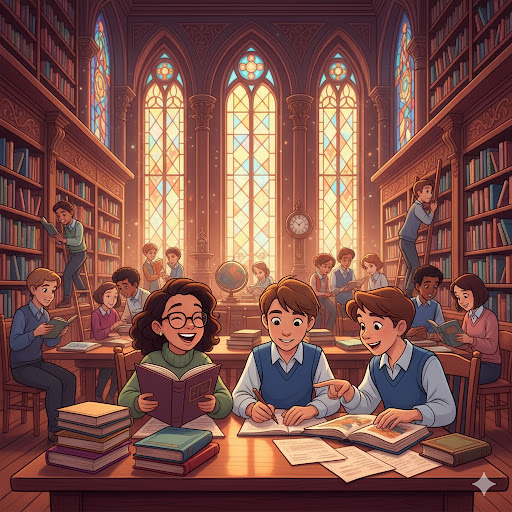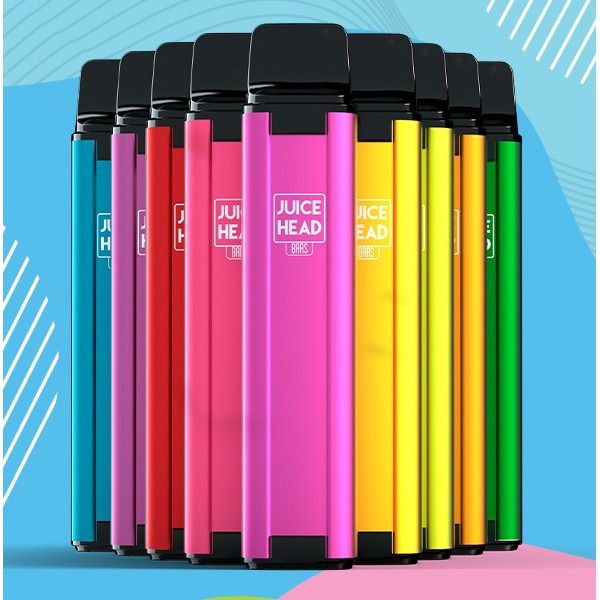Cinema has always been an art form that walks hand-in-hand with technology. Our journey began on silent, black-and-white screens. Then came the magic of sound, filling movie theaters with laughter and music. Soon after, color televisions entered our lives, bringing those magical worlds into our homes. And then came visual effects (VFX), pushing the limits of imagination and elevating the quality of film to a whole new dimension. Every technological innovation has given storytellers a new brush, a new color palette. Today, we stand before perhaps the most revolutionary brush in cinema history: Artificial Intelligence. This new technology has the potential to rewrite all the rules, not just for visual effects, but from the very first moment a film is born, the script phase. This situation also brings a major debate to the industry: Is artificial intelligence the end of creativity, or a new beginning?
The Bottleneck of Creativity and the Role of Artificial Intelligence
Let’s be honest; as a film lover, I too complain about today’s culture of rapid consumption. I think films used to be more diverse, with character-driven dramas like Scarface and iconic action movies like Die Hard. Today, whatever theme becomes a hit, we watch countless similar versions of it. Dozens of copies of superhero films or productions based on a specific plotline are released. After a while, this starts to bore us as viewers, and it feels as though screenwriters are taking the easy way out. It is precisely at this point that with the development of artificial intelligence, many screenwriters have begun to fear, “AI will take our jobs!”
However, I look at this situation from a completely different perspective. I see artificial intelligence not as a threat, but as a source of inspiration at the points where creativity gets stuck. I believe that a writer who is struggling for inspiration or is stuck in a story can write much richer and more layered screenplays by getting help from AI. The key here is to use artificial intelligence as a tool, not as a goal. Yes, you can create a script draft in seconds with AI. But this is no different from a skeleton without a soul. Just as a chef adds not only ingredients but also their love to a dish, a screenwriter must add their own emotions, experiences, and spirit to the script. AI can offer you different plot alternatives, suggest character dialogues, and even conduct historical research for a period film in seconds. But the one who will bring that story to life is still the human. This collaboration can free up screenwriters’ time from technical details and allow them to focus their energy on the essence of the story: its emotion.
A Cinematic Experience Beyond Imagination
The potential of artificial intelligence is not limited to screenwriting. Imagine what could happen in the future. Even today, we can generate fun videos from our own photos. Imagine, as this technology develops further, making short films with scripts from our personal memories or short videos. Or consider the possibility of seeing cinema’s legends on the big screen again.Why not re-watch the silent comedies of Charlie Chaplin, or the unique action-comedy films of Bruce Lee or Jackie Chan? The possibility of making new films with brand-new scripts, using photos and old films from these actors’ youth, is thrilling to even think about. Of course, this situation will also bring serious ethical debates in the future. Issues like how an actor’s legacy will be used, permissions, and copyrights will be reshaped. However, this could mean that acting and cinema are taken to a whole new dimension. Perhaps in the future, actors will be able to appear in countless films just by shooting short videos or licensing their digital avatars.
Becoming the Director of the Future: Get Ahead of the Competition
We are already starting to see the effects of this revolution. Especially in the animation industry, we hear that short scenes are beginning to be produced with text-to-video AI tools like Sora. This means that animations and visual effects will now require less labor and less time. But don’t be afraid; this is not an end, but a transformation. Instead of spending hours drawing a single frame, you will be in the position of a director who brings your creative vision to life with commands. A good example of AI Films going mainstream is Ratedg.ai
It is at this point that training programs like The Blue Whale AI Academy’s “AI in Filmmaking” course become vitally important. What matters is discovering the right tools on the path to the goal and using them masterfully. As in many sectors, artificial intelligence will become an indispensable tool for the film industry. And don’t just think of it in terms of live-action film. If you love designing an anime or an animation, perhaps you will be able to do a job that large studios once did with hundreds of people, all by yourself. This will increase the competition among animation directors and independent creators. To get ahead in this competition now, it is the perfect time to start learning these tools to tell your own stories more freely than ever before.
Contributed by GuestPosts.biz




